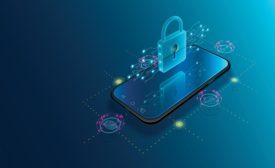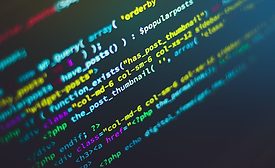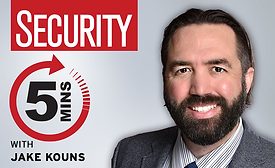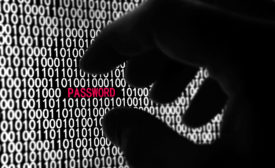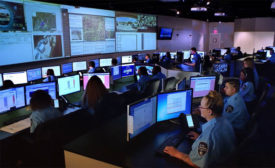Security Leadership and Management
Managing security on mobile devices through mobile certificate management
The pandemic accelerated the need for certificate management to enable authentication, encryption, and digital signature from mobile devices
December 16, 2020
Sign-up to receive top management & result-driven techniques in the industry.
Join over 20,000+ industry leaders who receive our premium content.
SIGN UP TODAY!Copyright ©2025. All Rights Reserved BNP Media.
Design, CMS, Hosting & Web Development :: ePublishing
